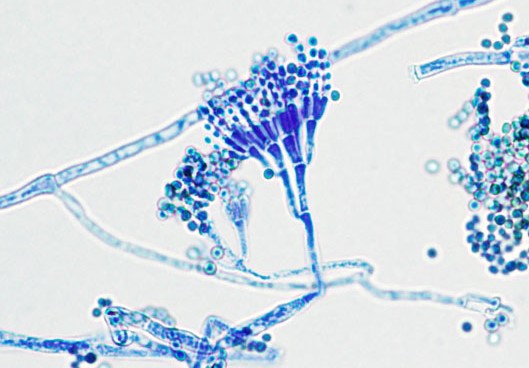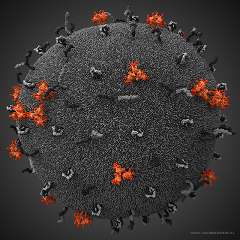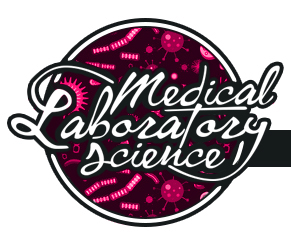|


 |
Mycology
Mycology is the study of fungi, The first observation and representation of microorganisms, including fungi, is due to Robert Hooke (1635-1703), born in Freshwater, U.K., astronomer, inventor and physicist, who described microorganisms in his “Micrographia” (1665). Anthonie Philips van Leeuwenhoek (1632-1723), from Delft, The Netherlands, a cloth merchant and amateur scientist, is known for his work on the improvement of the microscope and is considered the “father of Microbiology”, because he was the first to describe single-celled organisms, which he originally referred to as “animalcules”, in his letters (1673). Including their genetic and biochemical properties, their taxonomy and their use to humans as a source for tinder, medicine, food, and entheogens, as well as their dangers, such as poisoning or infection. Many fungi produce toxins, antibiotics, and other secondary metabolites. A biologist specializing in mycology is called a mycologist. Fungi are involved in our daily lives. It can be molds and yeast. Molds exhibit the fiamentous type of growth. Yeast is the pasty or mucoid form of fungal growth.

Virology is the study of virus. Its scientific study and the infections they cause – began in the closing years of the 19th century. Although Louis Pasteur and Edward Jenner developed the first vaccines to protect against viral infections.It focuses on the following aspects of viruses: their structure, classification and evolution, their ways to infect and exploit host cells for reproduction, their interaction with host organism physiology and immunity, the diseases they cause, the techniques to isolate and culture them, and their use in research and therapy. It is considered to be a subfield of microbiology or of medicine. It is often considered a part of microbiology or pathology. In the early years this discipline was dependent upon advances in the chemical and physical sciences, but viruses soon became tools for probing basic biochemical processes of cells.

|
|



